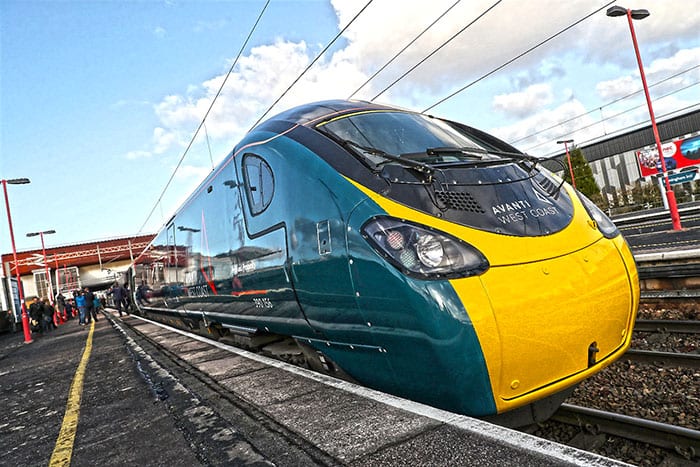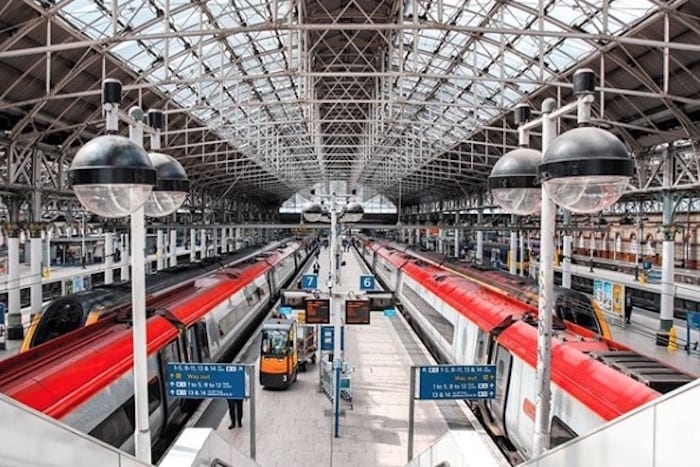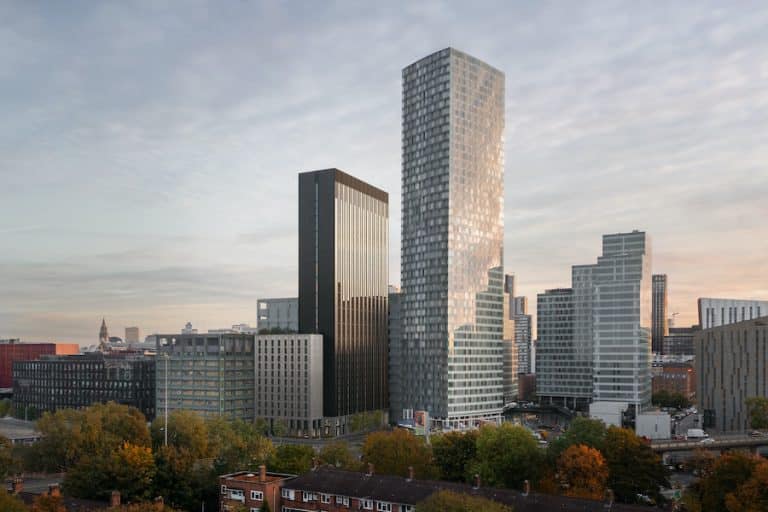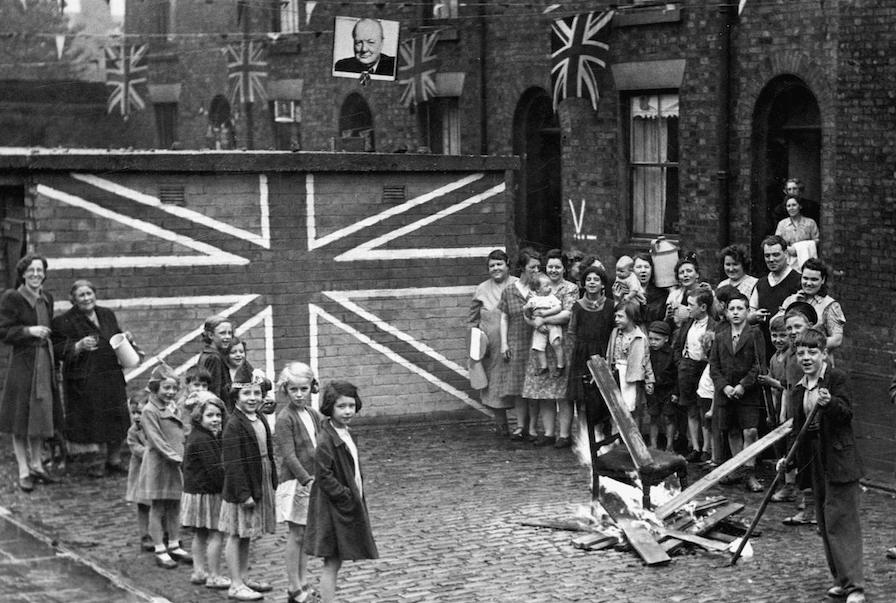Plans for high-speed rail links to Manchester could be scrapped, leaked HS2 report suggests
- Written by Georgina Pellant
- Last updated 5 years ago
- City of Manchester, Civic, Travel & Hotels

A leaked government review seen by the Financial Times has recommended pausing planned HS2 links to Manchester and Leeds – and potentially scrapping plans for high-speed rail links north of Birmingham altogether.
Written by former HS2 chairman Doug Oakavee, it estimates the high-speed rail project’s delivery will now come in at least seven years later than expected at a cost of £106bn to the taxpayer – far more than the original budget of £34bn.
This means HS2 would not be delivered to the North until 2040.
Economic returns, meanwhile, have been downgraded to as little as 30 to 50p on the pound – a far cry from initial estimates of £2.30.
In order to cut costs, the new government report suggests putting the HS2 phase two rail links to Manchester and Leeds on hold for six months to asses whether a mix of conventional and high-speed lines could be used instead.
At the same time, it says ministers should push ahead with phase one of the 250mph railway – which would stretch from London Euston to Birmingham, saving passengers a mere 20 minutes on existing journey times.
This goes against a previous report from November, which advised against axing any part of the second phase, stating: “The evidence is clear that the full network is needed to realise the highest value for money economic return on the investment of HS2. Phase one as a standalone scheme does not represent value for money.”
The report also adds that “further work” is needed to assess HS2’s impact on regional growth, stating that HS2 would need to be accompanied by investment in local transport and “transport investment alone will not ‘rebalance’ the UK economy.”

The news has not been received well here in Manchester, with Andy Burnham telling BBC Breakfast: “It’s the same old story. London and the South gets whatever it wants, and it’s all about penny-pinching in the North.”
He slammed the plan to use conventional lines in the North as a “second class option,” adding “in my mind there’s no justification at all for doing one thing between London and Birmingham, and doing something different in the North.”
The Prime Minister is expected to make a decision on whether the first phase will still go ahead in the coming weeks.
HS2 has spent about £9bn to date, of which an estimated £2-3bn is recoverable in land and property. Direct costs of cancellation were put at £2.5bn-3.6bn, according to Department for Transport estimates.
Despite the eye-watering costs, the issue is a symbolic one for voters in the North and will be seen by many as the government’s first big test on its commitment to the region. This is especially true for voters in Labour heartlands that leant the Prime Minister their votes in the last General Election.
If the project were to be scrapped or, worse, cut off at Birmingham as the newly leaked report suggests, it could prove politically detrimental to the government’s newly-acquired Northern base and affect its ability to retain its support going forward.
Therefore, in spite of mounting evidence regarding soaring costs and measly economic returns, it seems likely that some version of HS2 will still go ahead. That is unless its cancellation can be weaved into a new narrative that looks positive for the government’s Northern supporters.
- This article was last updated 5 years ago.
- It was first published on 21 January 2020 and is subject to be updated from time to time. Please refresh or return to see the latest version.
Did we miss something? Let us know: press@ilovemanchester.com
Want to be the first to receive all the latest news stories, what’s on and events from the heart of Manchester? Sign up here.
Manchester is a successful city, but many people suffer. I Love Manchester helps raise awareness and funds to help improve the lives and prospects of people across Greater Manchester – and we can’t do it without your help. So please support us with what you can so we can continue to spread the love. Thank you in advance!
An email you’ll love. Subscribe to our newsletter to get the latest news stories delivered direct to your inbox.
Got a story worth sharing?
What’s the story? We are all ears when it comes to positive news and inspiring stories. You can send story ideas to press@ilovemanchester.com
While we can’t guarantee to publish everything, we will always consider any enquiry or idea that promotes:
- Independent new openings
- Human interest
- Not-for-profit organisations
- Community Interest Companies (CiCs) and projects
- Charities and charitable initiatives
- Affordability and offers saving people over 20%
For anything else, don’t hesitate to get in touch with us about advertorials (from £350+VAT) and advertising opportunities: advertise@ilovemanchester.com


The Manc aerobics queen who trained the Corrie cast is helping raise charity cash

Ancoats to get even cooler as independent market set for MOT garage site

“Manchester is not Britain’s second city, it’s the first” – Jeremy Clarkson
















